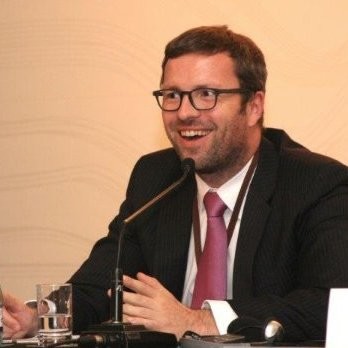Unlocking sustainable private sector growth in MENA
Economic growth in the Middle East and North Africa has been weak since the global financial crisis of 2007-09 and the Arab Spring of the early 2010s – in large part due to a stagnant private sector. This column summarises the main findings of a joint report by the European Bank for Reconstruction and Development, the European Investment Bank and the World Bank that draws on data from Enterprise Surveys of over 5,800 private firms in six MENA countries to explore what can be done to support sustainable growth in the private sector.
Financial informality among formal firms: evidence from Egypt
A significant number of small and medium-sized enterprises stay disconnected from credit markets even after they become formal firms – a state that can be characterised as ‘financial informality’. Access to credit is valuable for firms with substantial growth opportunities, but it can become more difficult to hide revenues from the tax authorities. This column, originally posted on the GlobalDev blog, explores the characteristics of firms and local credit markets that affect this trade-off in Egypt – and potential policies for greater financial inclusion of unbanked firms and those discouraged from applying for loans to fund investment.
Access to finance in Egypt: structural and cyclical determinants
Access to credit is valuable for small and medium-sized firms in developing countries that have substantial growth opportunities; but it can also make it more difficult to hide revenues from tax authorities. This column reports a study of how the characteristics of firms in Egypt affect the trade-off involved in participating in the financial system – and the extent to which firms are able to obtain credit when they need it.


